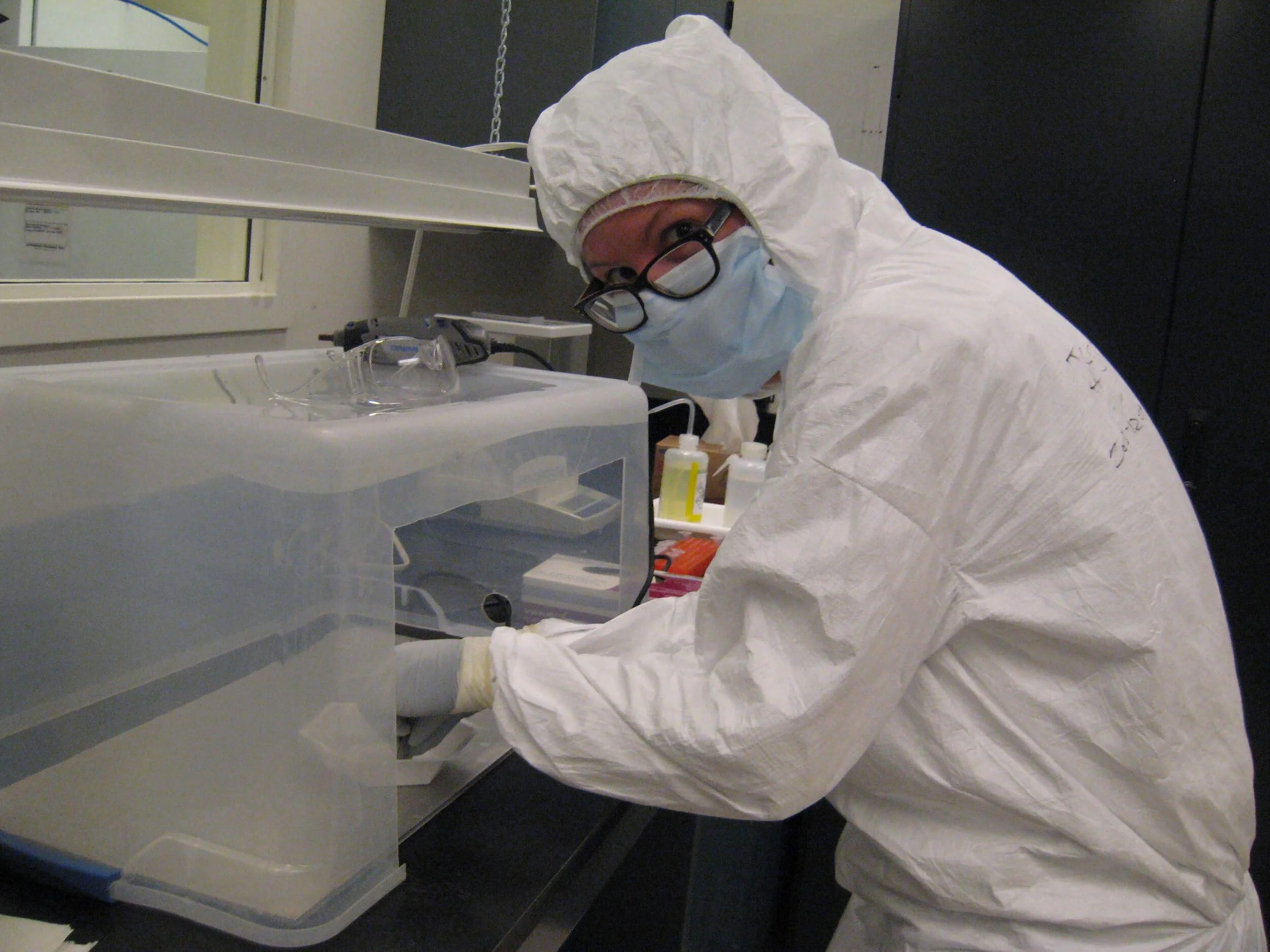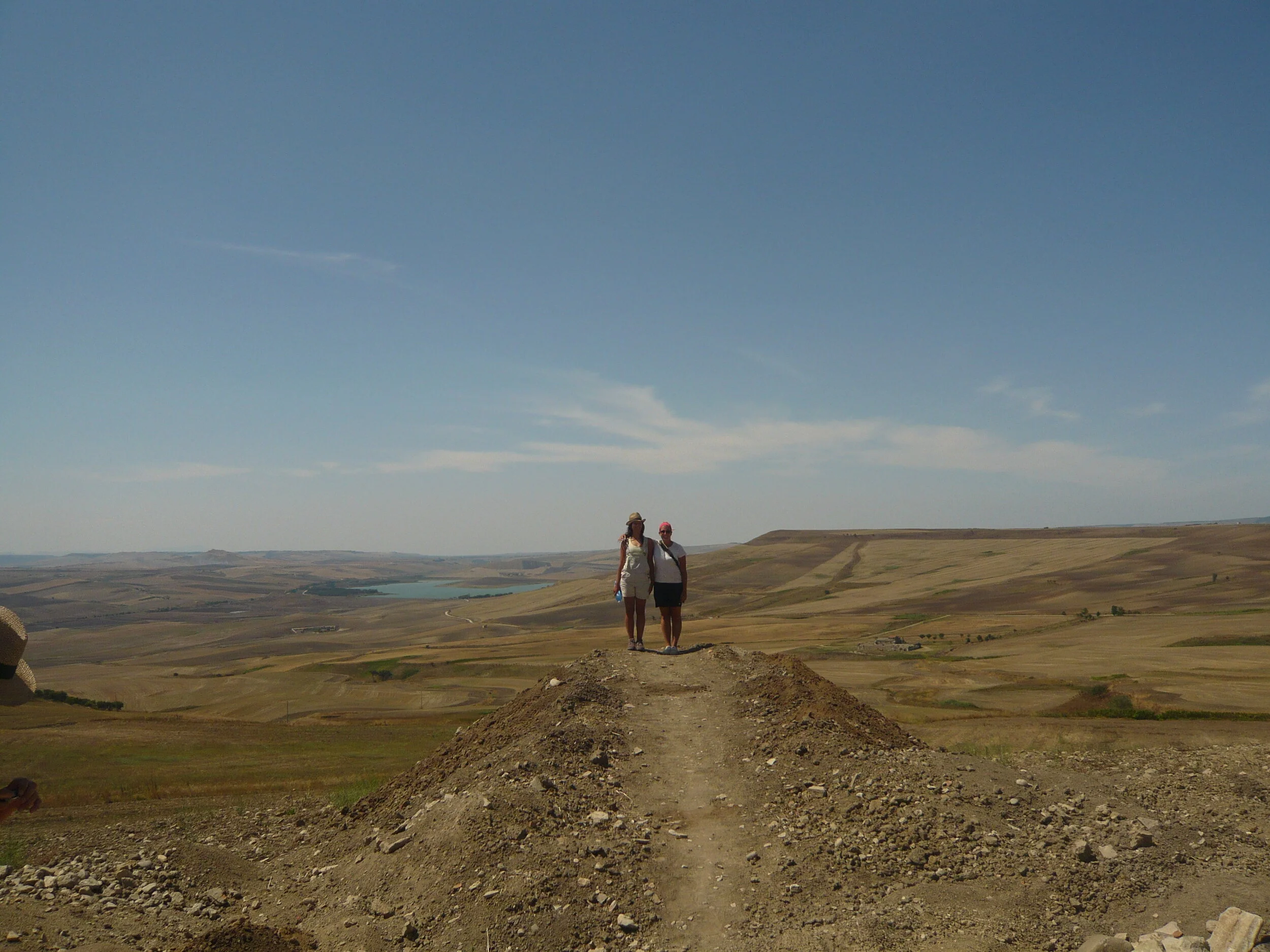When we talk about food systems and eating experiences, we often are quick to bring up the ideas of exclusion – what we should remove or limit or restrict – through veganism, vegetarianism, paleo diets, carnivore diets, and more. My guest this week, Jordan Higgins, is one of the entrepreneurs of Higgins and Phillips Innovations, and is looking to create more inclusive and holistic solutions for food and medicine.
Jordan has a BSc in Earth Science and a minor in Biology from the University of Guelph and worked as a scientist and project manager in environmental remediation projects for many years. After his brother passed away from a chronic illness in 2016, Jordan took time to travel across Central and South America on a quest to reflect on his relationship with family: he had two siblings pass away as a result of cancer, and he had battled cancer himself at the age of 21. In response, Jordan and his business partner began creating 2 natural health products, Life Spice Mushroom Cacao Blend and Dock Walkers Pain Reliever as a way to complement modern medicine with natural and effective ways to help those living in a state of chronic pain.
The products are coupled as offering a one-two punch for tackling inflammation and pain. Jordan says that in a society where we have diets that are plagued with nutrient depletion and inflammatory ingredients, he aims to bring harmony back to our bodies through the power of nature.
We speak today about how his relationship with the natural world shaped his products and his experiences, and we also explore more deeply how different mushroom varieties offer various health and performance benefits. I always love having conversations with folks who see how we relate to the land and environment, and how we can use holistic approaches to create new solutions for health, so this felt like such a treat.
Learn More About Jordan!
Website: https://hpinnovations.ca/home
Instagram: @lifespice.ca and @dockwalkers
Facebook: @lifespice and @dockwalkers
For anyone listening that is curious to check out LifeSpice or DockWalkers, you can enter the code ANTHRODISH at checkout for 15% off your order!
This episode was sponsored by Beekeeper’s Naturals, the company on a mission to make healthy your new normal using bee-based products. To save 15% on your first order, use the code ANTHRODISH at checkout!














